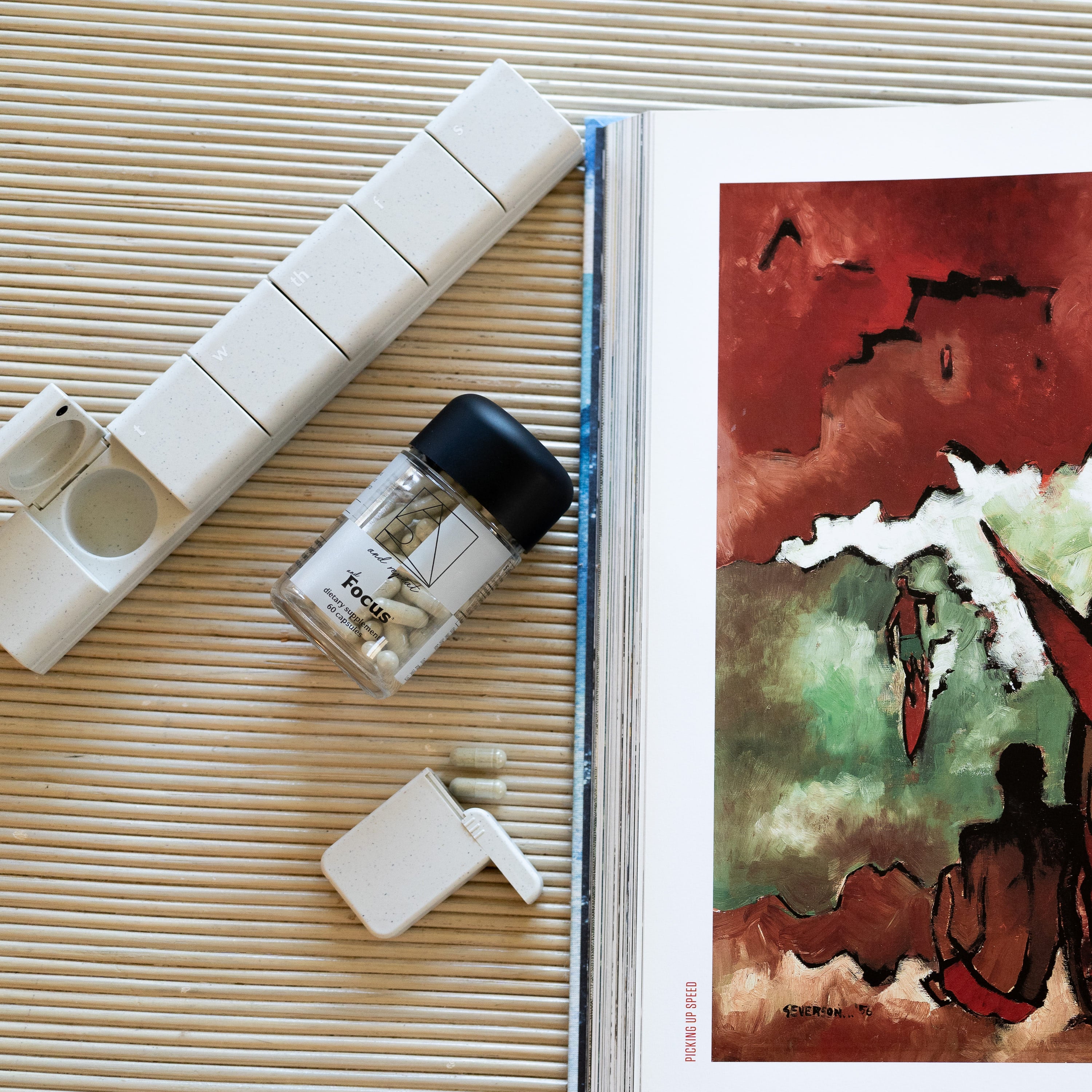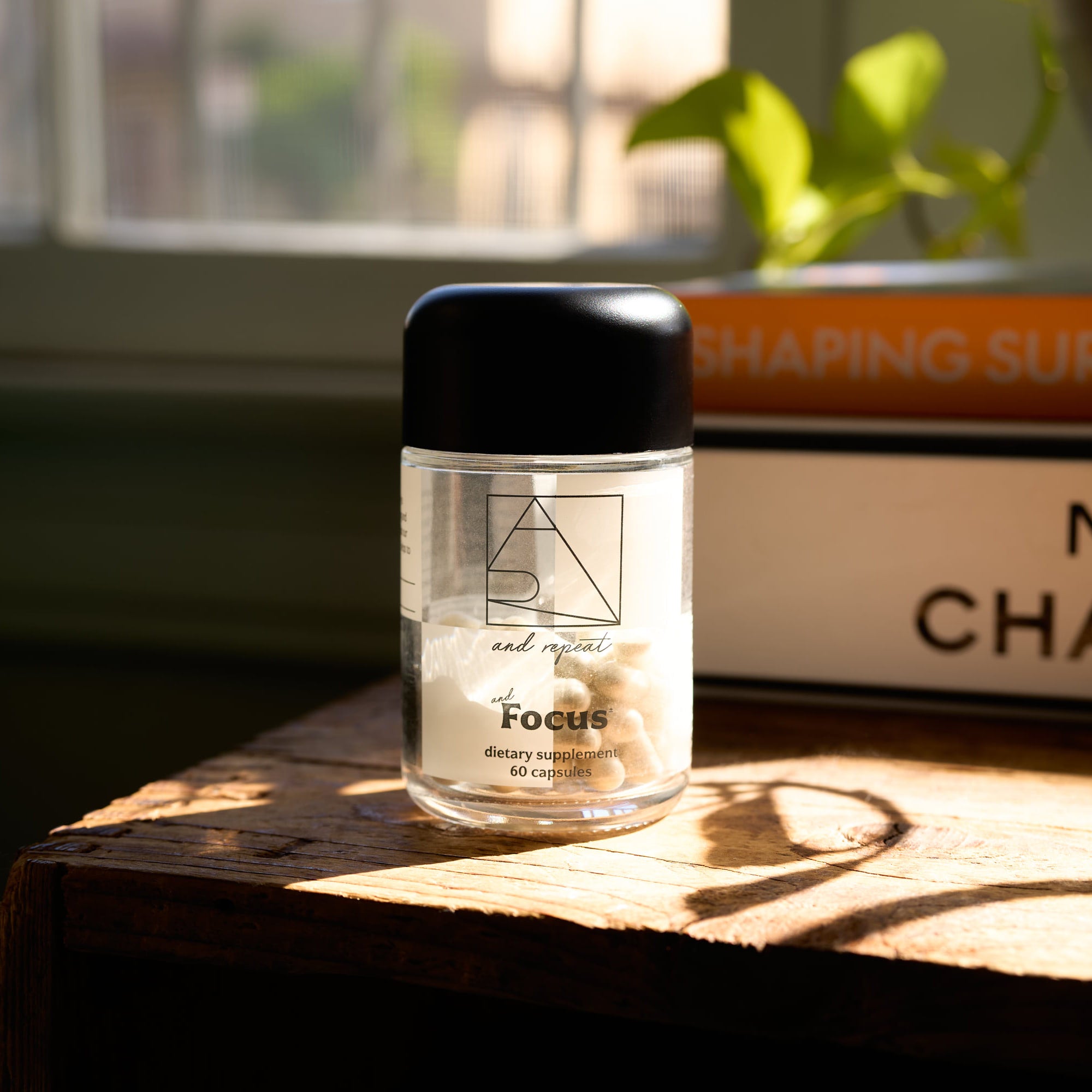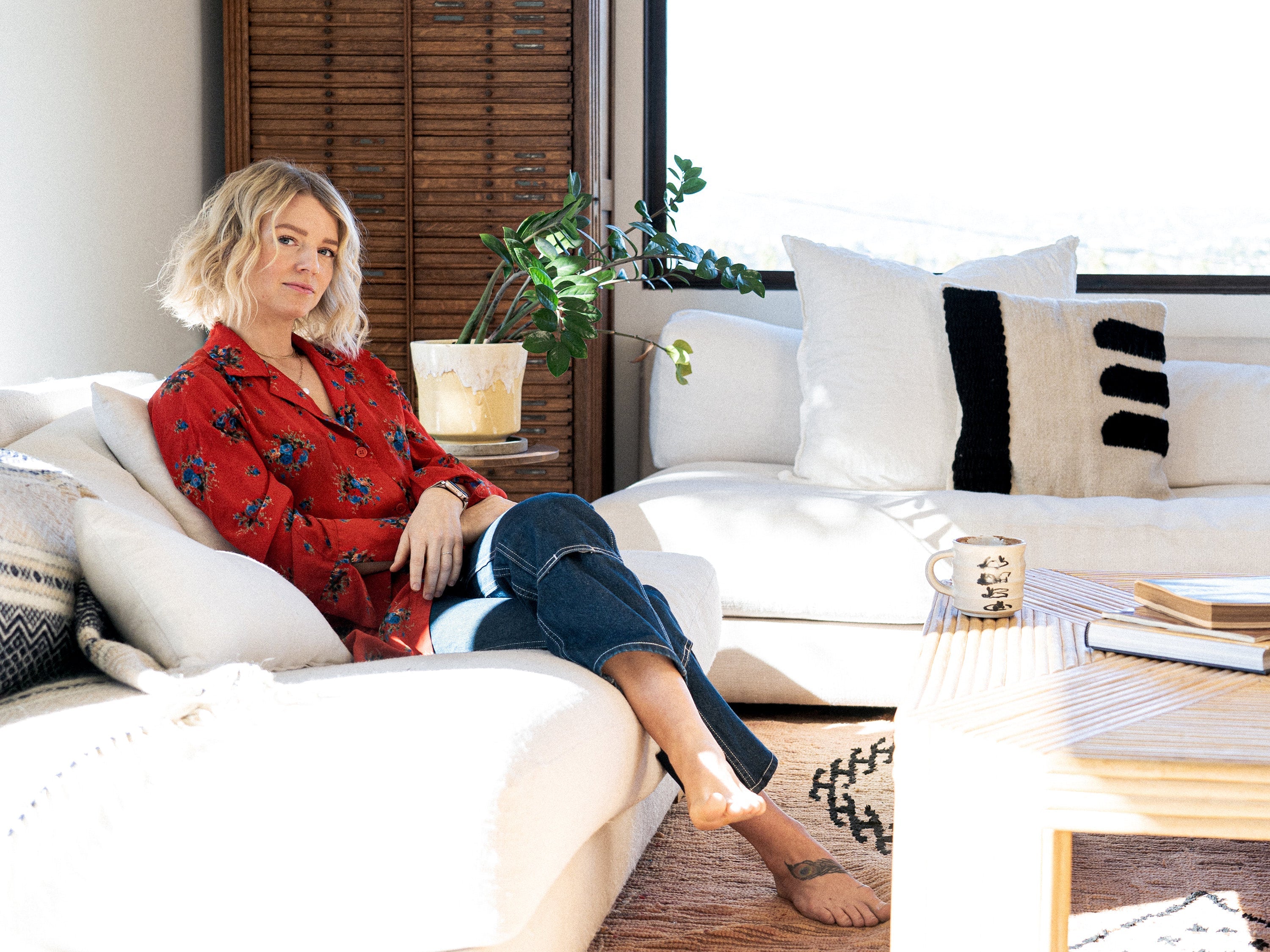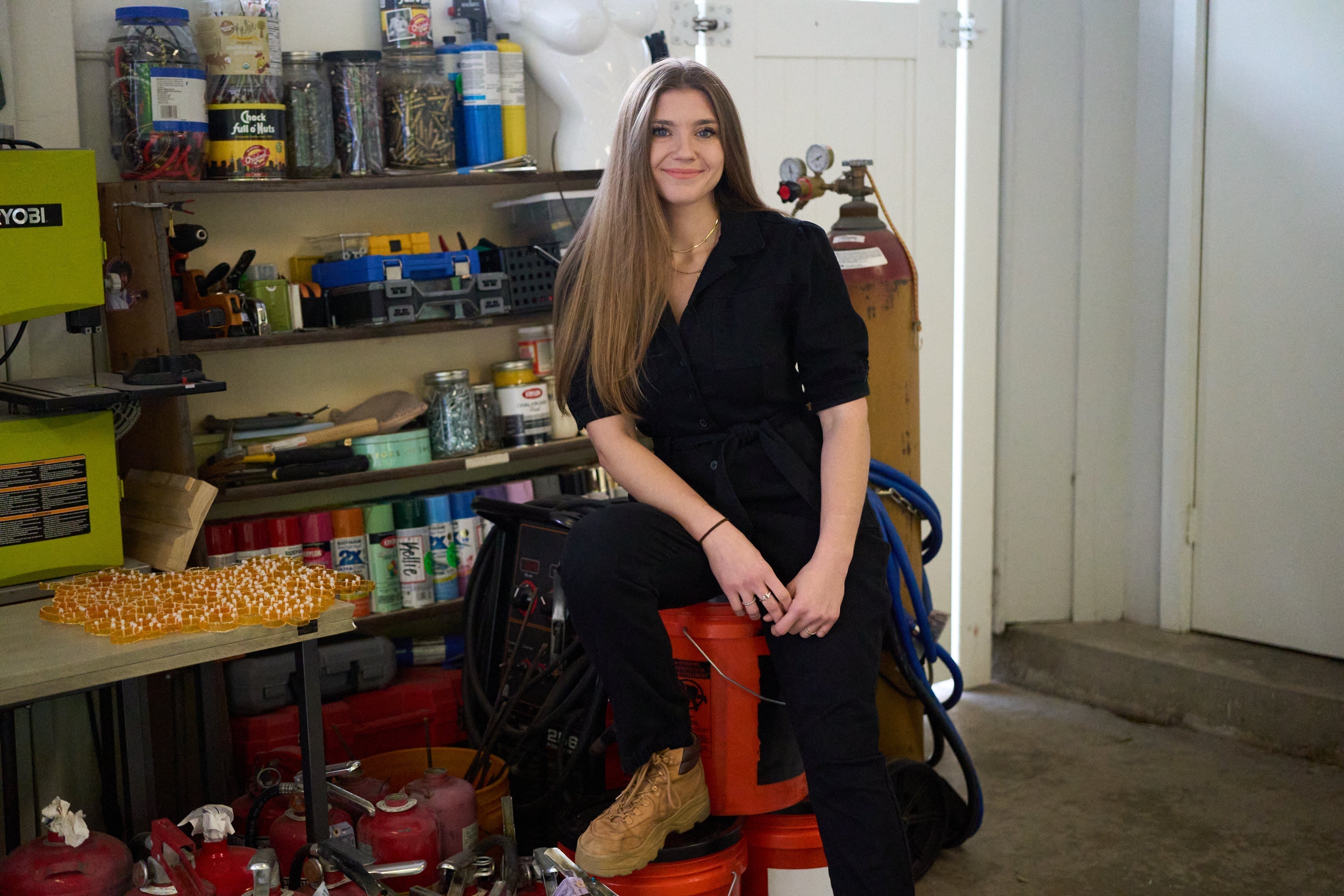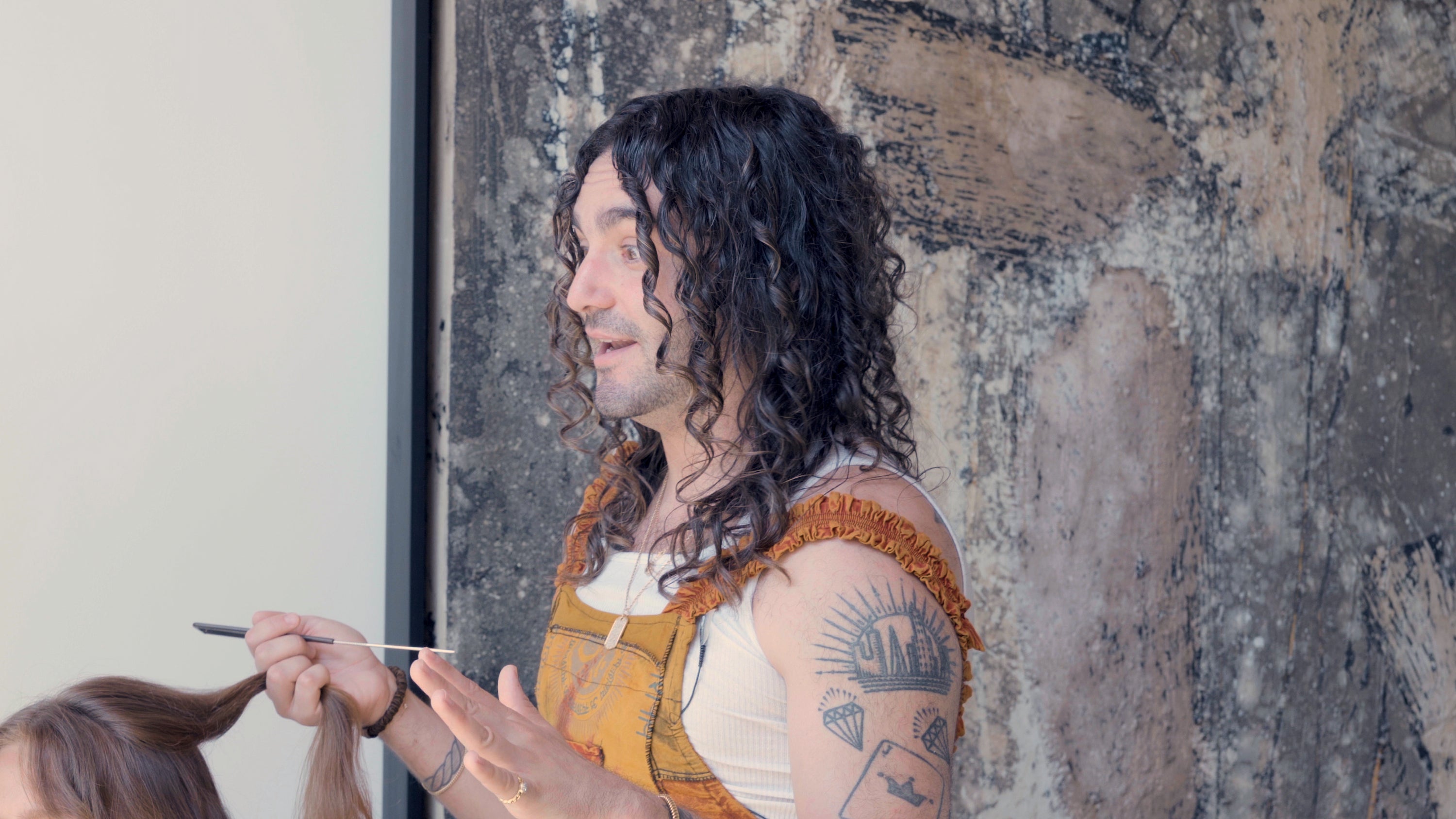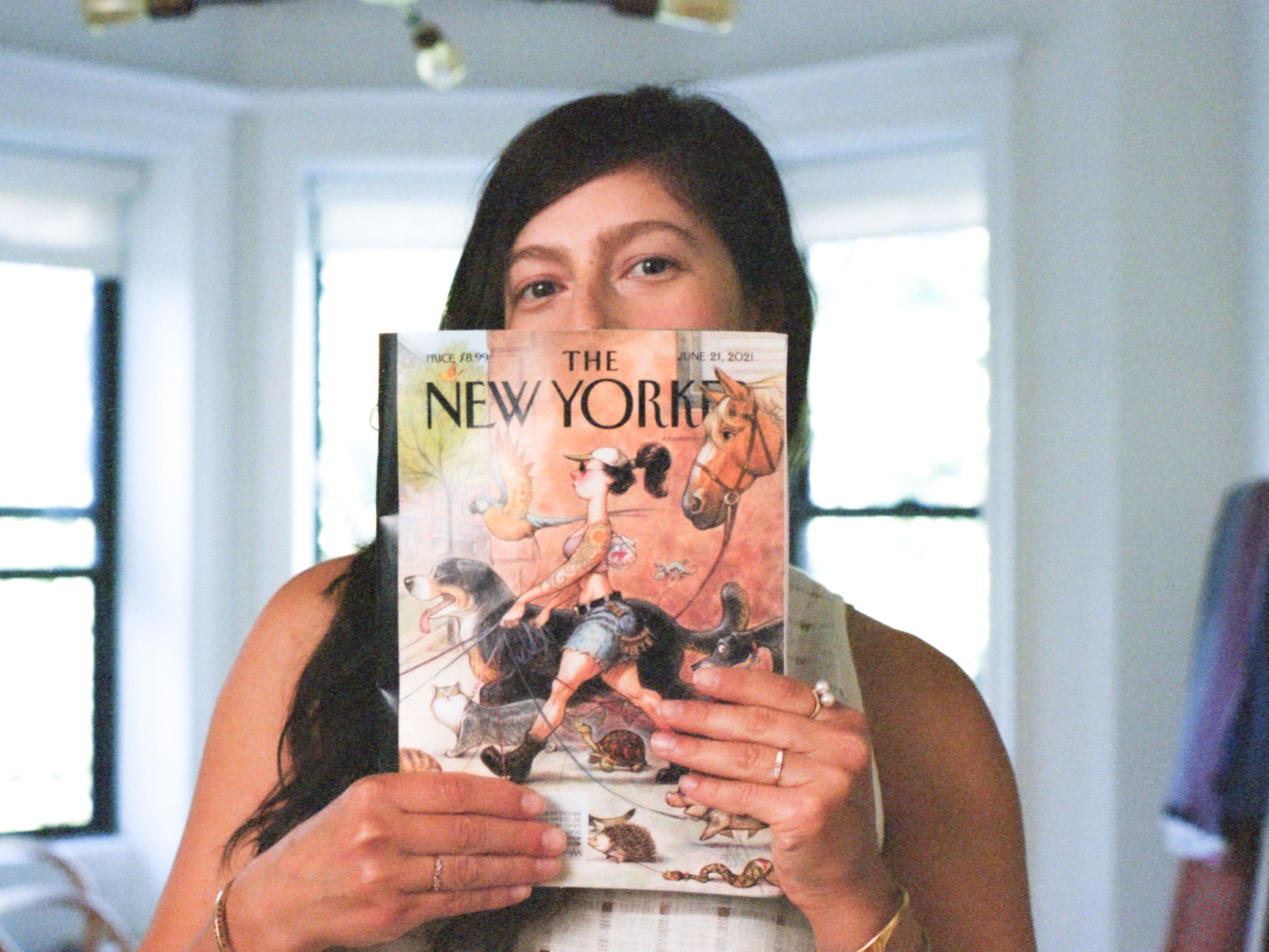The chef and co-founder of Honey Hi and holistic nutritionist who believes self-knowledge is a gift. It’s a gift we give to ourselves.
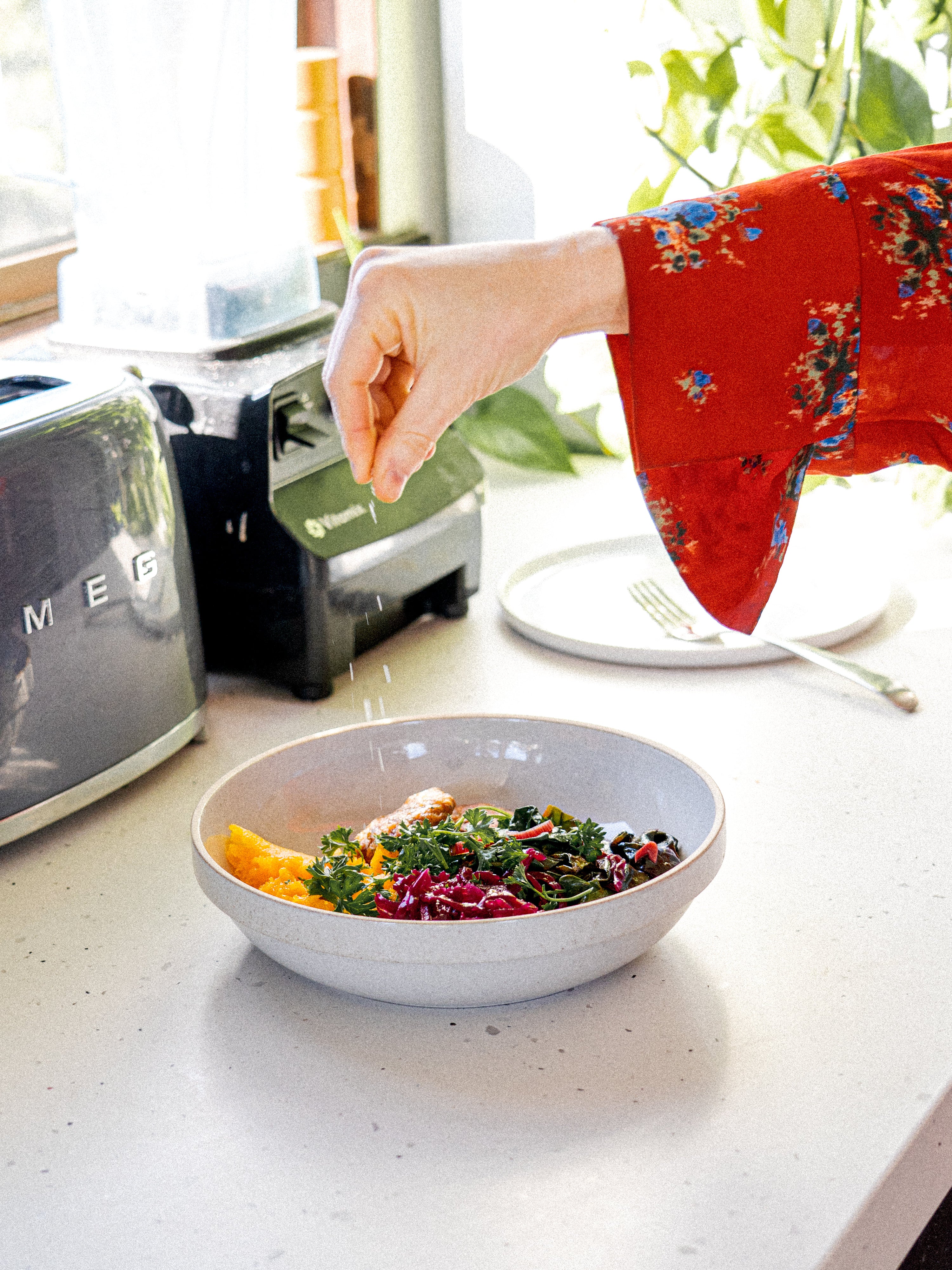
As a chef and nutritionist, how do you boost your immune system?
I’ve been making an herbal coffee for probably 9 years since my health crash happened. I was really immunocompromised for a while. So I wanted to figure out a way to get in all these different immune-boosting foods, particularly mushrooms, into my diet every single day. I didn’t want to take too many pills, so I merged that with my inability to drink regular coffee and I started making this herbal coffee. I buy the bulk ingredients by themselves, which include chickory, dandelion, milk thistle, burdock root, and carob. I blend them all together, I make a powder, and I steep it in a French press. It’s kind of earthy, but, it gives you a little bit of that coffee flavor, which I really love. Then I do mushroom mix.
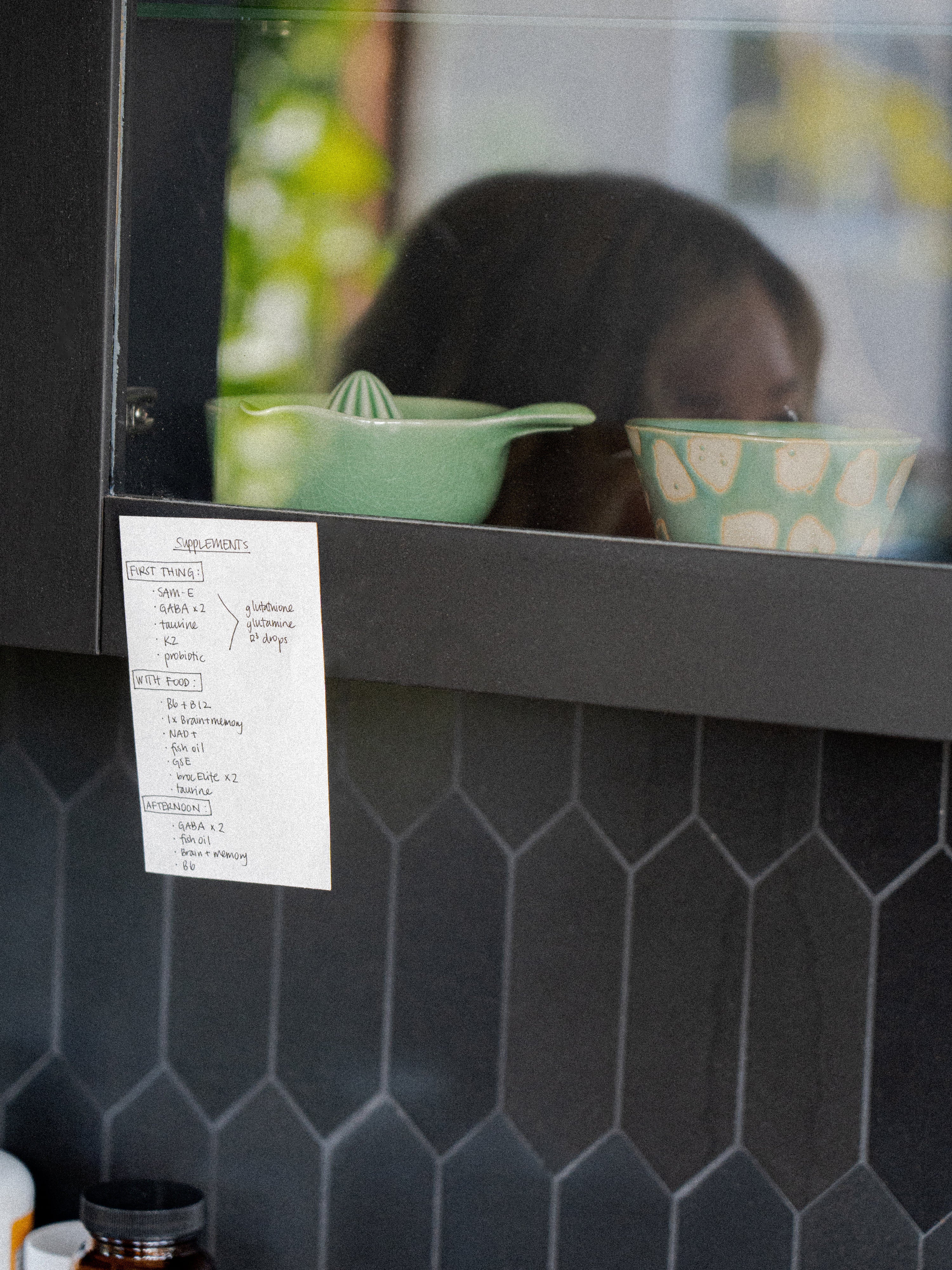
Why mushrooms?
Mushrooms have changed my life. I’d say that they’re the one supplement that I use religiously that is irreplaceable. My gateway mushroom is chaga because it is incredibly beneficial for the immune system. I had chronic Lyme disease and I still technically have a chronic condition. I’ll kind of always be dealing with it. So I was really concerned about my immunity and I was trying to do everything that I could to get it back up again. Chaga mushroom was something that I found back then and it worked so well for me that I started working in all the other mushrooms.
And what’s amazing is they all work on such different systems of the body. I have turkey tail, tremella, lion’s mane, chaga, reishi, and cordyceps, and I’ll make a giant mix of loose powder. My favorite brand is Real Mushrooms. Especially during a global pandemic, I’m very interested in making my nervous system and my immune system the most strengthened and adaptive that it can be.
Have you ever tried psilocybin?
I have tried psilocybin. I’m a very sensitive soul. I don’t love being out of control. Which has been part of the journey of psilocybin, which that it asks you to give up control. I have not used it therapeutically yet other than microdosing for a little while, which I did notice some elation and euphoria.
I ended up doing a journey with my therapist. We did therapeutic MDMA for an 8-hour session. It was amazing. Talk about changing my life. That completely changed my life. For people who had trauma or PTSD or c-PTSD, sometimes going into doing mushrooms or acid or even in a therapeutic sense can be too intense and I wasn’t ready for that. So we did MDMA and that was absolutely the right thing for me.
It was a really powerful experience. It gave me the opportunity to take things from my intellect into a lived experience. Before I had that experience, I understood things in an intellectual way and doing that actually landed the plane, so to speak and brought it into my body as a lived experience in terms of surrendering, letting go, facing my shadow, all kinds of things. It was really, really beautiful.
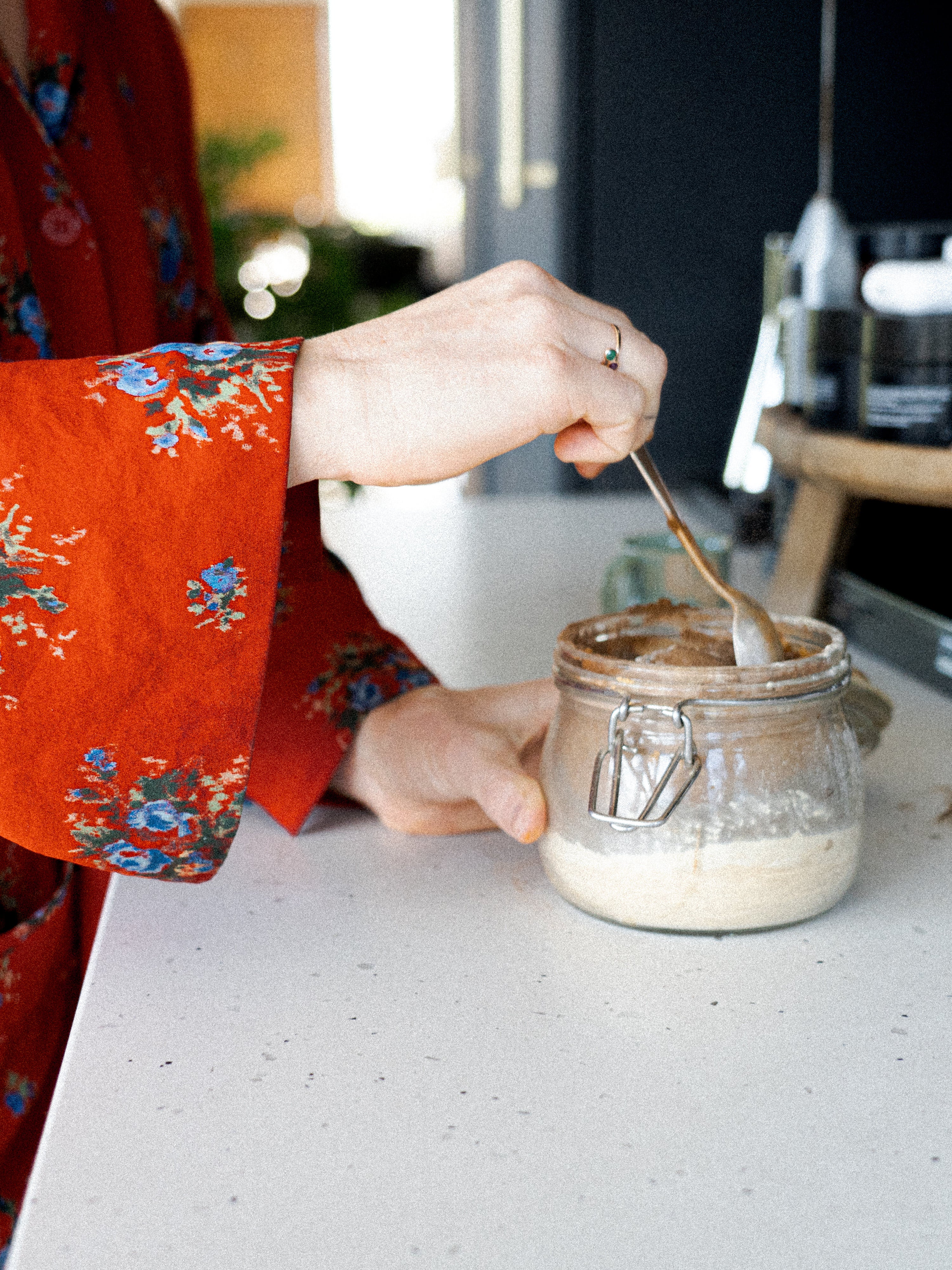
What is your relationship like with supplements?
Supplements are a really important part of my routine and for my mental health. It’s about consistency. As a person who craves novelty all the time, sometimes committing to consistency is really, really hard for me. I want to fly by the seat of my pants. I want to be like, how do I feel this morning? What do I feel like doing? But that’s a very slippery slope for me because the more that I do, I find the less focused I become and the less I get done in my life that I really want to.
Every morning, the most important thing that I do is take my probiotics. Probiotics are not created equal and they’re derived from so many different sources. I’m also a fanatic about vitamin D and I think that it’s something that every single person, especially anyone dealing with mental health struggles, should take and get checked.

How do you stay grounded?
After I make my coffee, I go over to my meditation cushion. I don’t do this perfectly or every single day, but I really try to. I notice a huge difference in my life when I sit and meditate for a while.
I’m also in Al-Anon, which is a really big part of my life. Maybe the number one, most important thing for my mental health routine. January is my 3-year anniversary. So I come and sit on my meditation cushion, read my daily readers, and then do a little bit of journaling or step work. A lot of my mental health challenges and some of the different sorts of trauma responses that we could diagnose with labels and different acronyms were my way of trying to stay safe in a world that wasn’t safe for me growing up and unwinding that from every angle has been really important to me.
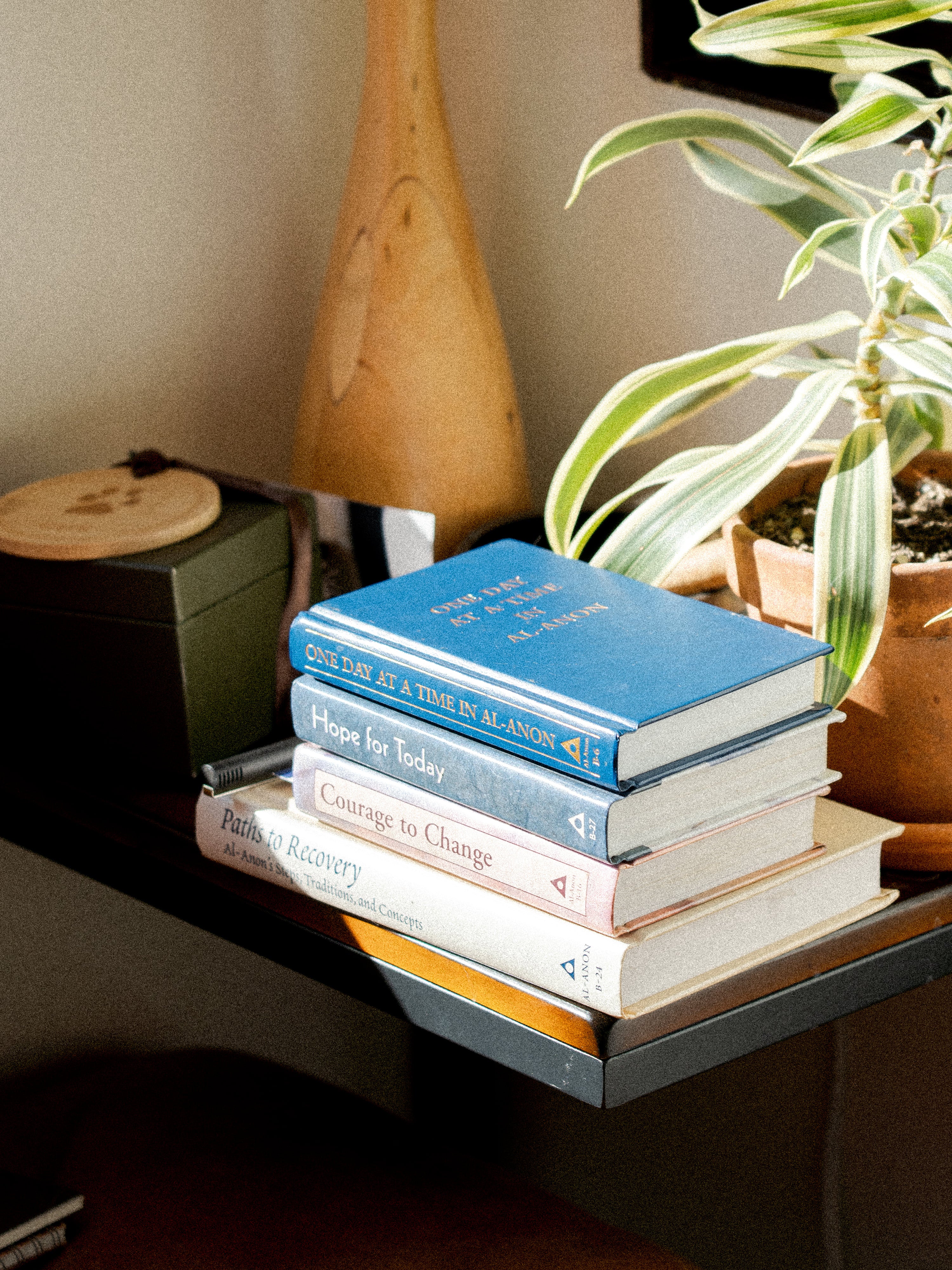
How does food play a role in your mental health?
Making nutritious, easy, quick meals is a really important part of my mental health. I like to have some stuff that I can throw together. It’s so easy to skip meals and get really busy during the day, so this is what I teach my clients and I try to come up with a really easy template for breakfast.
I can’t spend half an hour in the morning making breakfast. I have too many other things to do. How am I going to meditate and journal, do my skincare? But I also don’t just want to have a bowl of cereal and call it a day because when I do that, I really suffer. So I try to do some simple meal prep. I braised some swiss chard the other day, so I keep that ready in the fridge. I took a butternut squash and I roasted it whole. And then I made a huge batch of turkey sausage with a spice mix and fresh herbs and I keep them in the freezer, so they’re always ready to go. And then I add some sauerkraut. The fermented foods, baby. They’re important.
How has your mental health been lately?
I’ve been in a period of a lot of transition over the last couple of years. But lately, I’m on a little bit of an upswing while being in the midst of a lot of change, which my system doesn’t always really like. But I’m trying to get better at riding that wave.
People that know me would describe me as a very open book. I am an external processor, for sure. But when it comes to publicly sharing, I feel constantly torn between wanting to really honor and protect my privacy and my boundaries, but then also my insatiable desire and need to be honest about who I am.
My mental health challenges started when I was 18. I came down with OCD really bad in college. And no, I did not feel comfortable sharing that with people. There was a lot of stigma. I didn’t even understand what was happening to me. Sharing it felt really, really unsafe because a lot of people misunderstood it. And at the time, being misunderstood was something that I just could not tolerate. But as I’ve worked on myself over the years and gotten to know all my different isms, I feel so much more comfortable being who I am and sharing when it feels appropriate.

As someone who has lived with a chronic illness, how have you dealt with the stress and anxiety that can accompany it?
We can’t control everything. And part of my disease, so to speak, is the desire to want to control everything. That’s one side of the coin. The other side of the coin is knowing that I am not a victim of my circumstances. I’m not helpless. I believe that self-knowledge is a gift. It is something that is oftentimes not given to us, so maybe it’s not a gift, it’s earned. It’s a gift we give to ourselves.
Is there anything that you hold in shame or feel stigma around?
Not really, no. I’m so grateful for the very, at times, painful growth that I’ve been through over the last few years. I’m not in a place where I can pretend anymore. I haven’t been for a long time. It used to be really important to me to make other people comfortable. And if other people were uncomfortable, I couldn’t be uncomfortable. So sharing something where I risked being misunderstood felt like too much of a leap. It felt too vulnerable.
When I think about my trajectory when it comes to my health, my physical health, my mental health, my spiritual health, I went through three different breakdowns. The first one was when I was 18 and I came down with horrible OCD. I spent a good three years of my life in the throes of that, of not having a solution, not knowing what was happening, not knowing if I was going to be okay. That said, it’s okay to be lost in the midst of it. That’s a part of getting better because it’s a humility that you develop. It’s uncomfortable. But I’ve seen time and time again, in my own experience, that there is always a light at the end of the tunnel. I remember when I finally found my therapist, who I did exposure response prevention with, cognitive behavioral therapy, and that really changed my life.
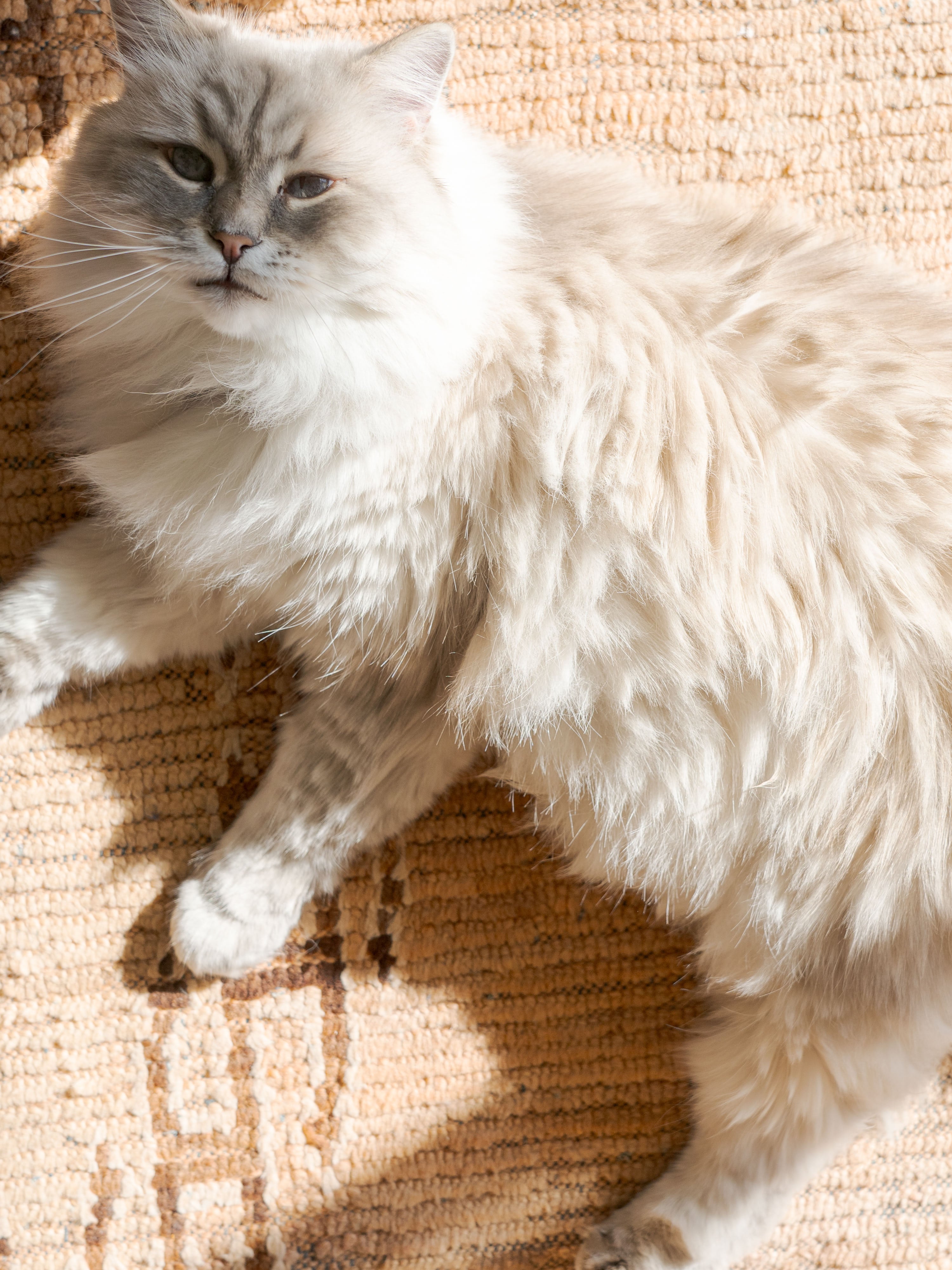
Is there Is there anything that is an ongoing stressor or makes you anxious? that you hold in shame or feel stigma around?
I’m a very sensitive person, and HSP (highly sensitive person). I was joking about this on my social media, but I have so many acronyms that I identify with. I think that there are helpful archetypes for understanding one’s self and not being so hard on one’s self.
I’m very, very sensitive to stimulus. I’m very sensitive to light. I’m very sensitive to loud sounds and lots of chaos. I’m really sensitive to other people’s energies. I’m sensitive to substances and foods and watching scary movies, you name it. I tend to have a heightened reaction to it. My fight or flight response gets kicked in so easily. That’s an ongoing thing that I have to work with. It’s not always a choice, but I have to work with my nervous system and give myself space and time and decompression.
Also money. Money is a stressor in so many different ways.
